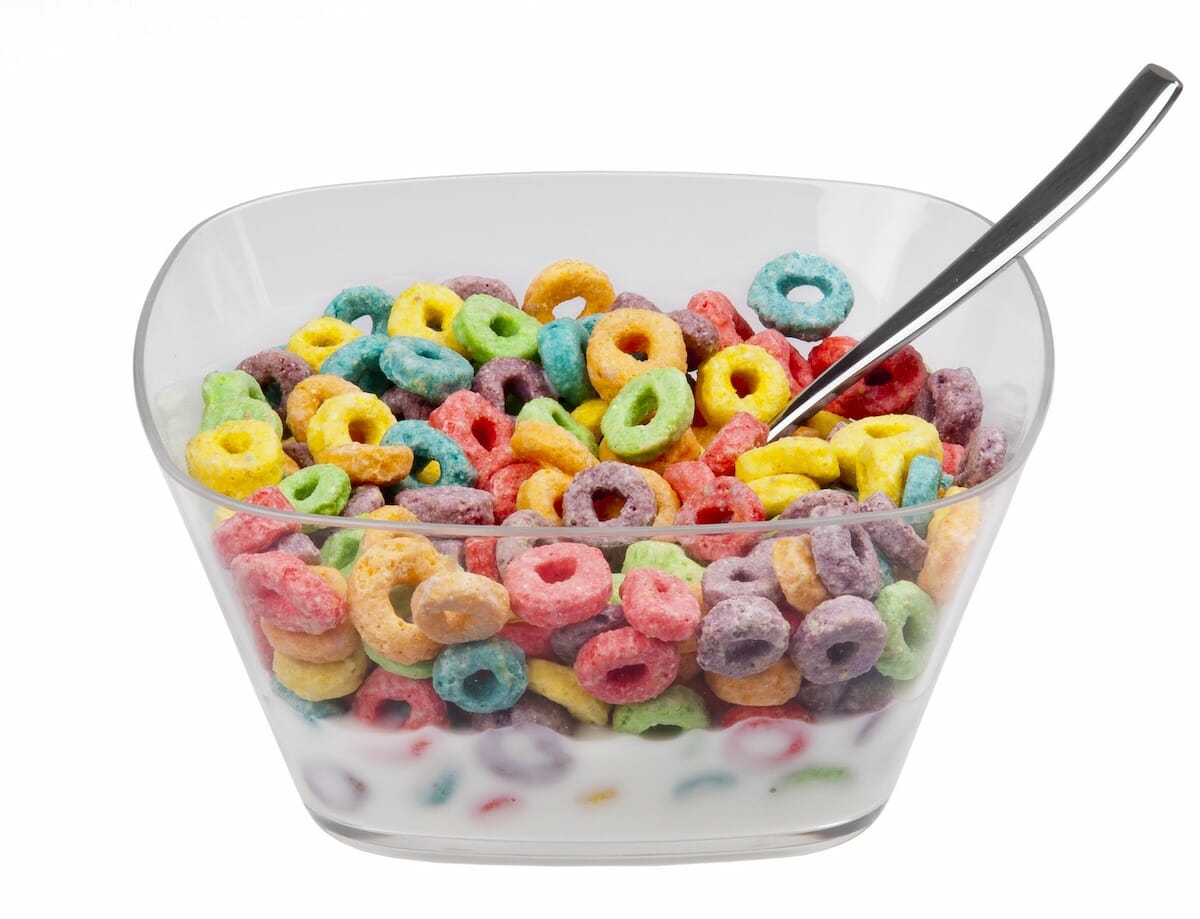Processed foods, such as ready meals, baked goods, and processed meats, can have negative health effects.
Most food needs some degree of processing, and not all processed foods are bad for the body.
However, chemically processed foods, also called ultra-processed foods, tend to be high in sugar, artificial ingredients, refined carbohydrates, and trans fats. Because of this, they are a major contributor to obesity and illness around the world.
In recent decades, ultra-processed food intake has increased dramatically worldwide. These foods now account for 25–60% of a person’s daily energy intake throughout much of the world.
What are processed foods?
The term “processed food” can cause some confusion because most foods are processed in some way.
Mechanical processing—such as grinding beef, heating vegetables, or pasteurizing foods—does not necessarily make foods unhealthful. If the processing does not add chemicals or ingredients, it does not tend to lessen the healthfulness of the food.
However, there is a difference between mechanical processing and chemical processing.
Chemically processed foods often only contain refined ingredients and artificial substances, with little nutritional value. They tend to have added chemical flavoring agents, colors, and sweeteners.
These ultra-processed foods are sometimes called “cosmetic” foods, as compared with whole foods.
Some examples of ultra-processed foods include:
frozen or ready meals
baked goods, including pizza, cakes, and pastries
packaged breads
processed cheese products
breakfast cereals
crackers and chips
candy and ice cream
instant noodles and soups
reconstituted meats, such as sausages, nuggets, fish fingers, and processed ham
sodas and other sweetened drinks
Are processed foods bad for you?
Ultra-processed foods tend to taste good and are often inexpensive.
However, they usually contain ingredients that could be harmful if consumed in excess, such as saturated fats, added sugar, and salt. These foods also contain less dietary fiber and fewer vitamins than whole foods.
One large study involving more than 100,000 adults, found that eating 10% more ultra-processed foods was associated with above a 10% increase in the risks of cardiovascular disease, coronary heart disease, and cerebrovascular disorders.
The researchers reached this conclusion after accounting for saturated fat, sodium, sugar, and fiber intake.
Another large study involving almost 20,000 adults, found that eating more than four servings of processed food daily was linked with an increased risk of all-cause mortality. For each additional serving, all-cause mortality risk increased by 18%.
Other research indicates that eating highly processed foods can lead to weight gain.
Here are seven reasons why processed foods can increase the risk to a person’s health.
Added sugar
Artificial ingredients
Refined carbohydrates
Low in nutrients
Low in fiber
Quick calories
Trans fats
Summary
In recent decades, ultra-processed foods have become common in diets worldwide. However, eating large amounts of these foods increases risks to health.
To rebalance the diet or make it more healthful, a person can replace ultra-processed foods with whole foods, including grains, nuts, seeds, lean meats, fruits, vegetables, and legumes.
Source: https://www.medicalnewstoday.com/articles/ibd-and-covid-19?utm_source=Sailthru Email&utm_medium=Email&utm_campaign=MNT Daily News&utm_content=2021-07-19&apid=37763034&rvid=3424e32faa971ce2c1b02d01eed1022831fc564614ad3f53b1cc99363570ba22#outlook
Exclusive content from CARE Magazine









